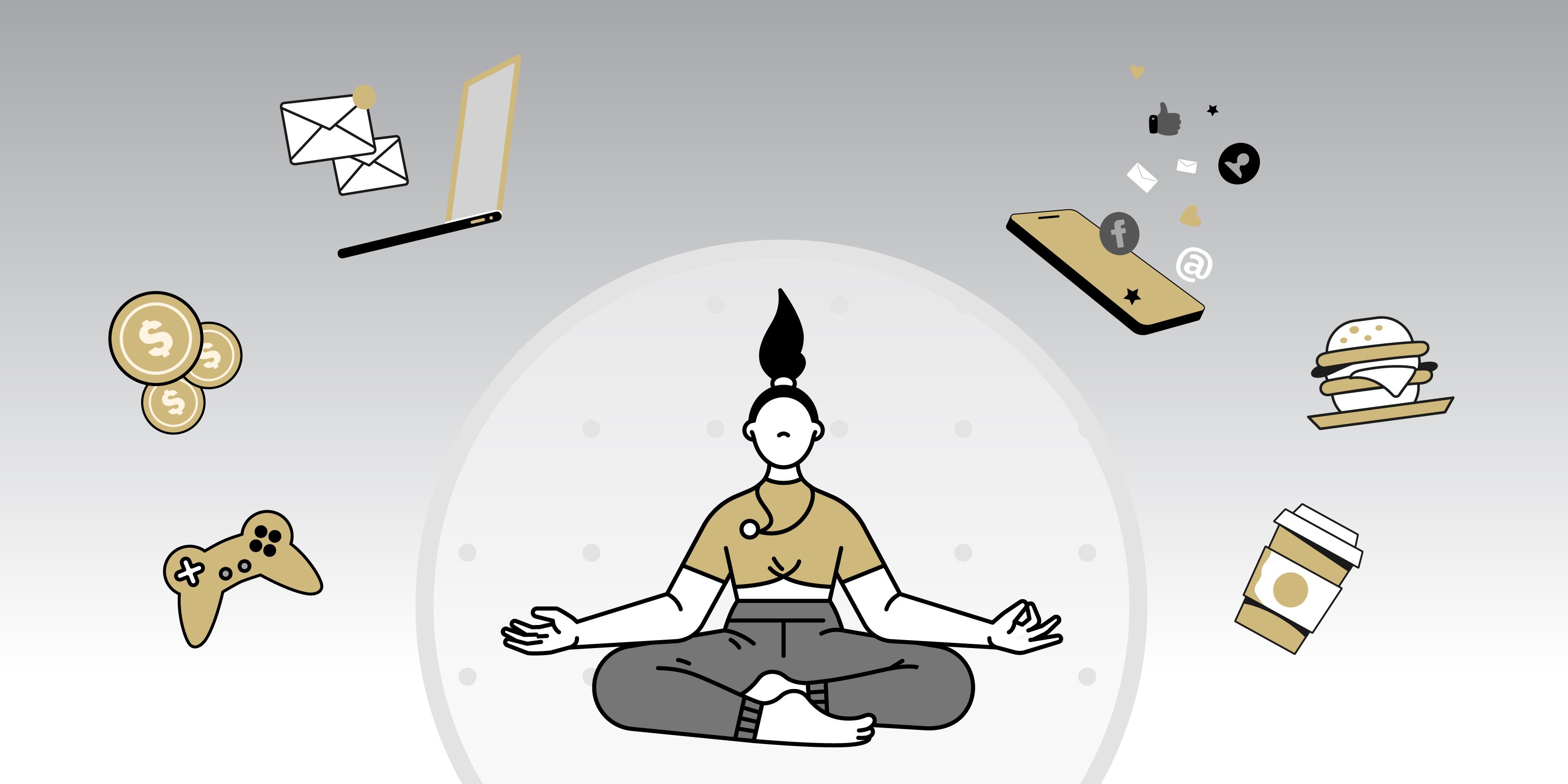No podcasts, videos or Netflix. No junk food, gambling or porn. Video gaming? No way. Instagram? Forget it. Music? Nope. Lock up your phone and hide your earbuds. It’s dopamine detox time, and it’s going to change your life.
That’s the gist of the messages from a large number of posts, blogs and wellness websites out there, all promoting a quick-fix for people’s depressed moods and lack of productivity. Judging by the likes and comments, people are biting, with Reddit even boasting a dopamine-detox support group.
“The idea is to allow our brains a break and reset from potentially addictive things like our phones, the likes, the texts, the beeps, the rings,” said Emily Hemendinger, MPH, LCSW, an assistant professor in the Department of Psychiatry at the University of Colorado School of Medicine. “These sorts of things – like the internet, gambling and substance abuse – provide instant dopamine surges, typically unhealthy ones.”
Fad or Fact? A series exploring current health-related trends through the scientific lenses of our CU Anschutz experts. See other series articles.
But while the social media trend actually has a psychotherapy basis with a similar goal, its mode to that end is concerning, said Hemendinger, who specializes in treating patients with obsessive-compulsive traits.
The original “dopamine detox,” created by psychologist Cameron Sepah, is based on cognitive behavior therapy, where people learn new skills and coping mechanisms over time. The trending detoxes promise to change people’s lives in seven days (sometimes even 24 hours) with an all-or-nothing approach.
“I’m all for reducing social media and phone time, but I think that some people are taking it like, ‘Oh, I do this, and I’m going to feel instantly better,’ or, ‘In order to do this, I need to be completely off social media, or completely stop talking to people,’” Hemendinger said. “The way it’s being talked about on social media is not what I would support.”
In the following Q&A, Hemendinger shared more about the issue of technology overload and the so-called dopamine-detox solution.





